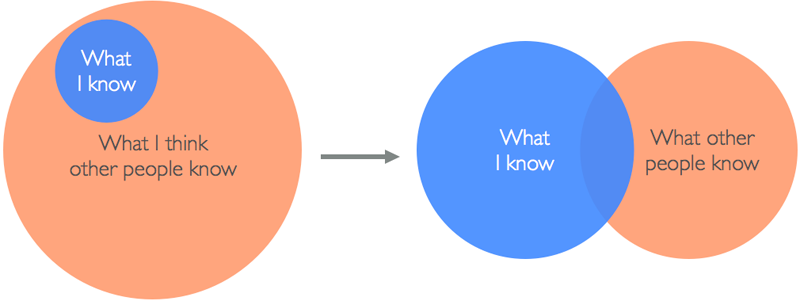
One careful, measured step. Then another. And another.
I stand at the bank of a river, watching a curious scene unfold. There’s a guy in front of me, cautiously making his way across the water. Poor dude is balancing precariously on a series of rocks, each step a small victory against the current.
It would be admirable if it weren’t so puzzling.
You see, a few dozen meters away stands a perfect bridge. It is massive and well-built and would make the crossing effortless. Yet our intrepid traveler seems oblivious to its existence.
I wonder: Is this a deliberate choice? A personal challenge? Or has he simply failed to look up and see the obvious solution? It’s fascinating and a bit frustrating to observe. Part of me wants to call out, to point towards the easier path. But another part recognizes a larger truth at play. How often do we all do this? Fixate on the difficult path immediately in front of us, missing the simpler solutions just beyond our narrow focus?
As the person nears the other side, I can’t help but wonder what lessons would come out of this crossing. Will he finally notice the bridge on the way back? Or will he be so proud of conquering the stones that he’ll choose the same path again?
What if perseverance isn’t all there is? What if we need to pause, look around, and recognize when we’re making things harder than they need to be?
There are bridges out there. We just need to remember to look for them.
Have something to say? Join the discussion below 👇
Want to explore instead? Fly with the time capsule 🛸
You may also find these interesting
The Spiral of Silence
Even in societies with robust free speech protections, most people don’t often say what they think. Instead, they take pains to weigh up the situation and adjust their views accordingly. This comes down to the “spiral of silence,” a human communication theory developed by German researcher Elisabeth Noelle-Neumann in the 1960s and ’70s. The theory explains how societies form collective opinions and how we make decisions surrounding loaded topics.
Stuck With Your Decision Making? Try Some Randomness
The whole point of choosing is not to make a perfect choice, but to just get going.
The Surprisingly Simple Way to Handle Impostor Syndrome
Whatever you are privately going through, your teammates (and, perhaps your superiors, to an even greater extent) are going through as well.
The Raw Arithmetic of Being
Our entire existence as humans hangs on two primal drives: survival and the need to feel something.



